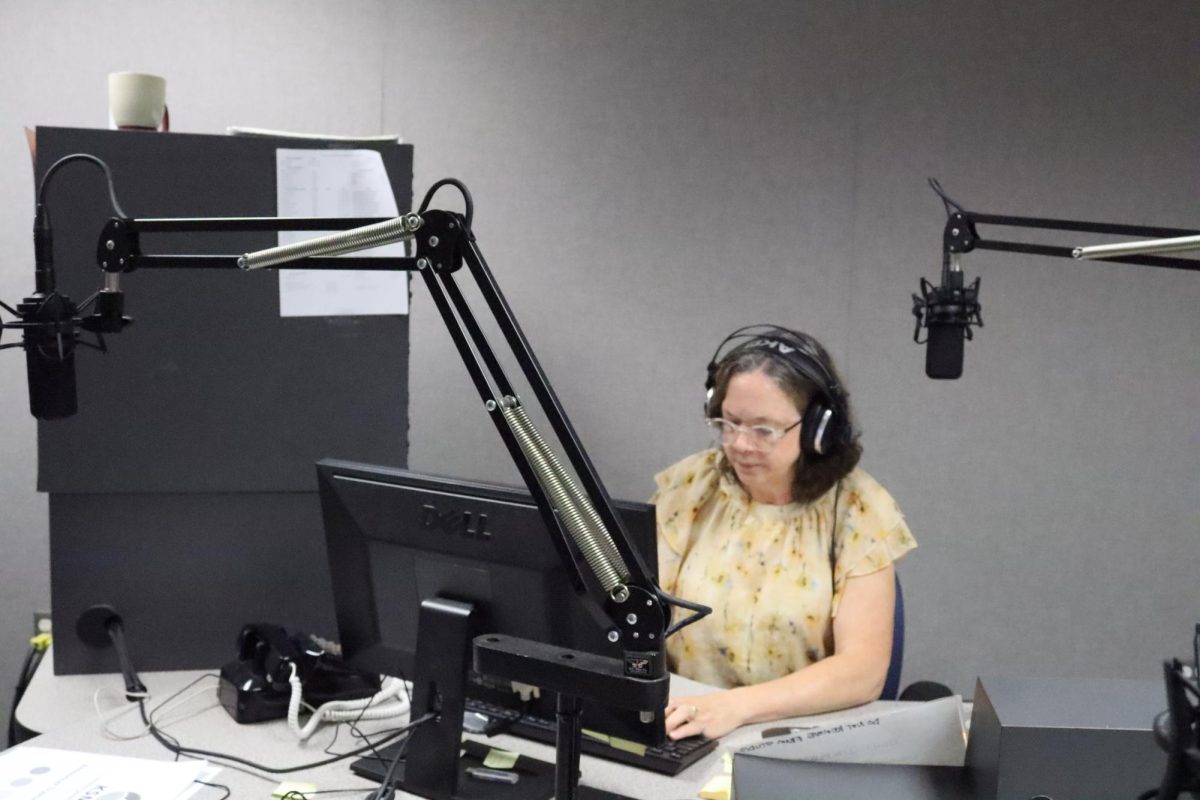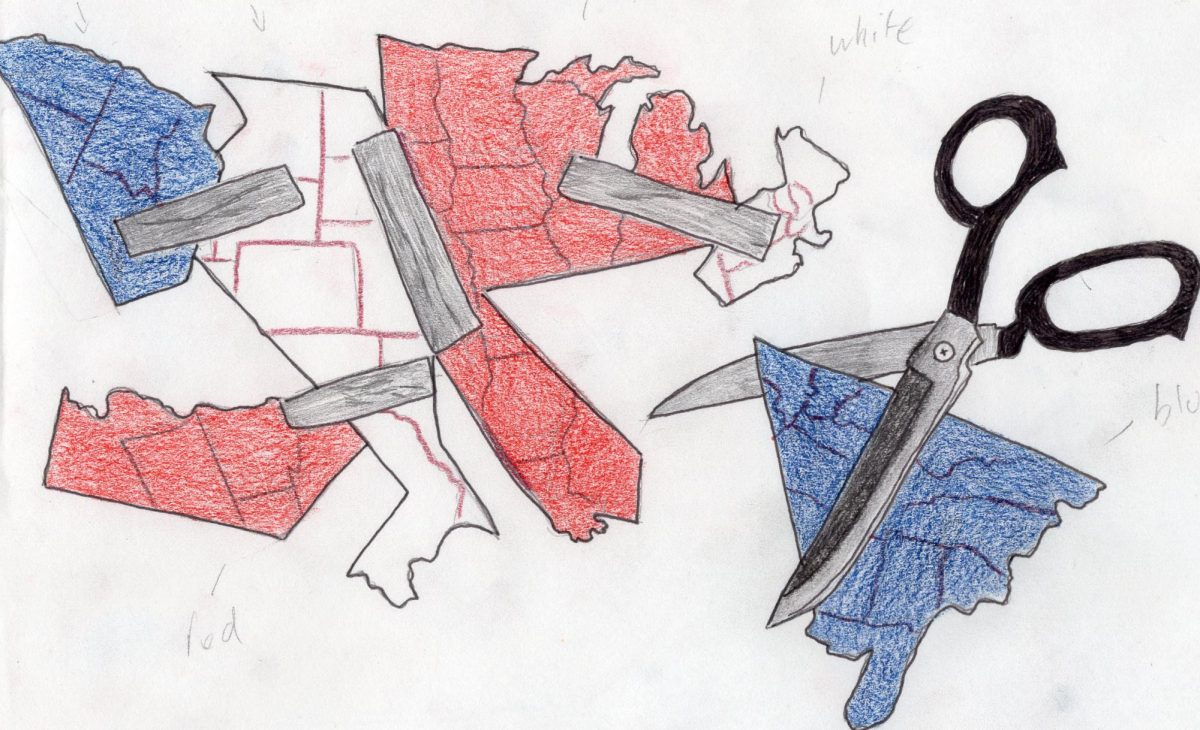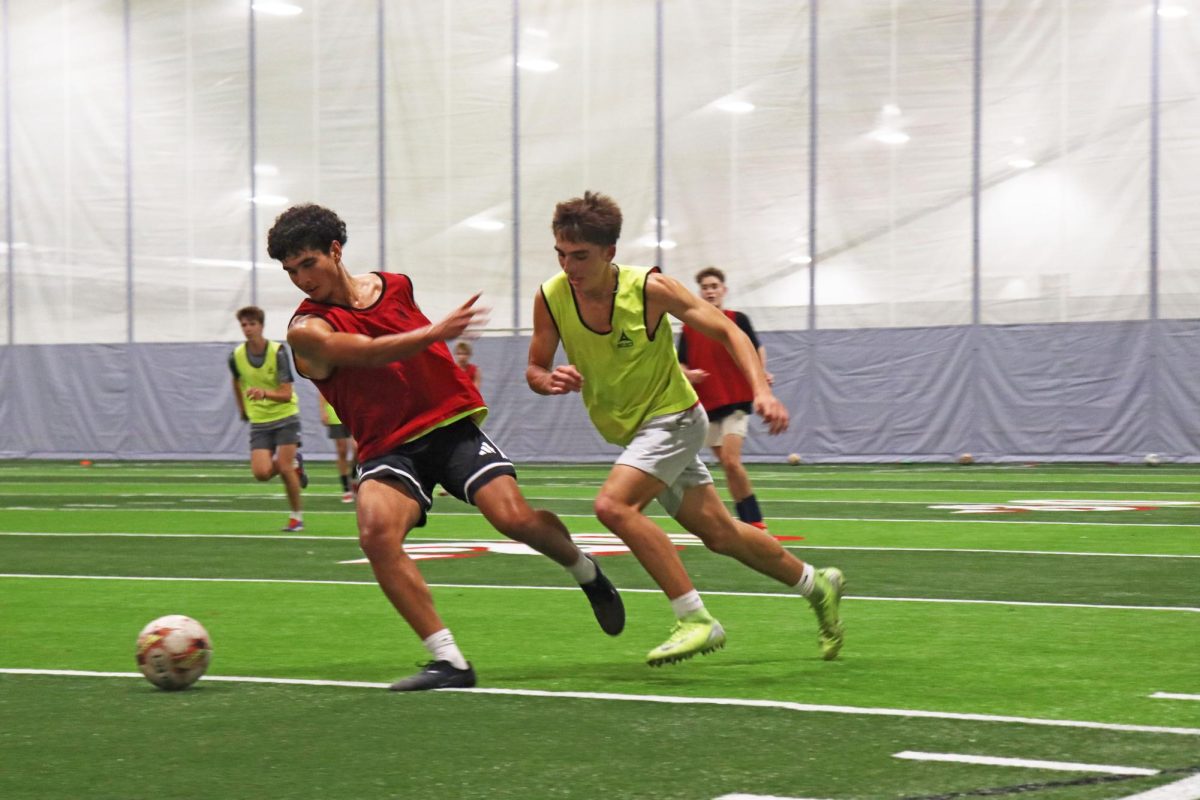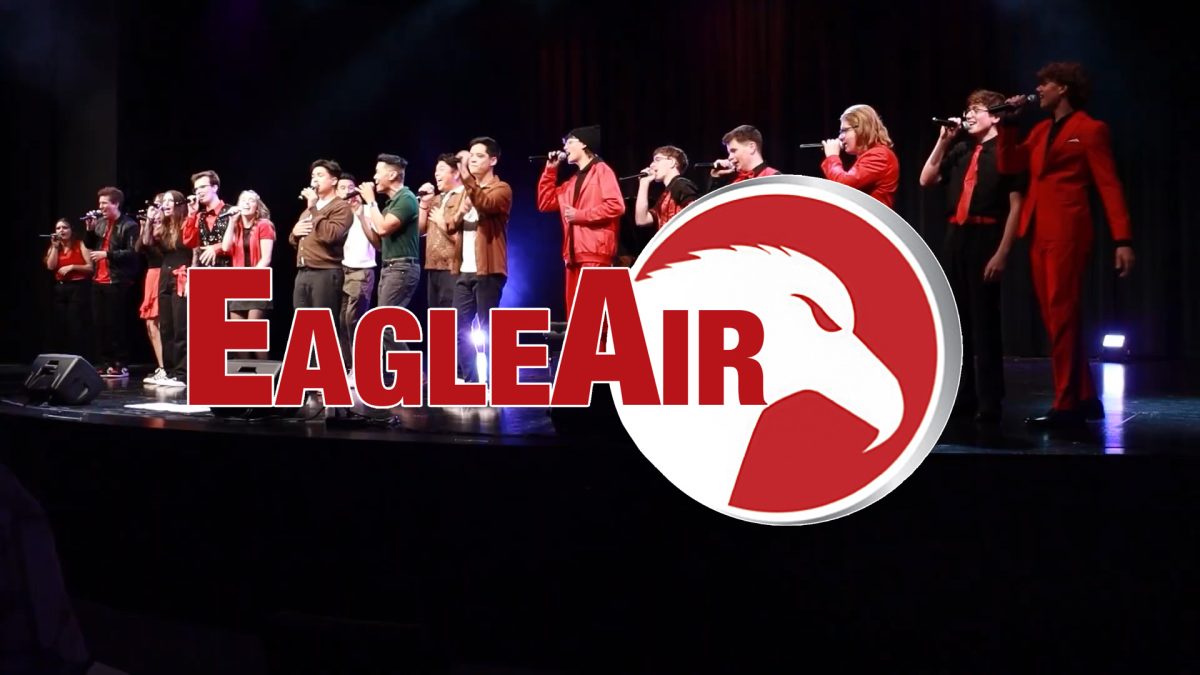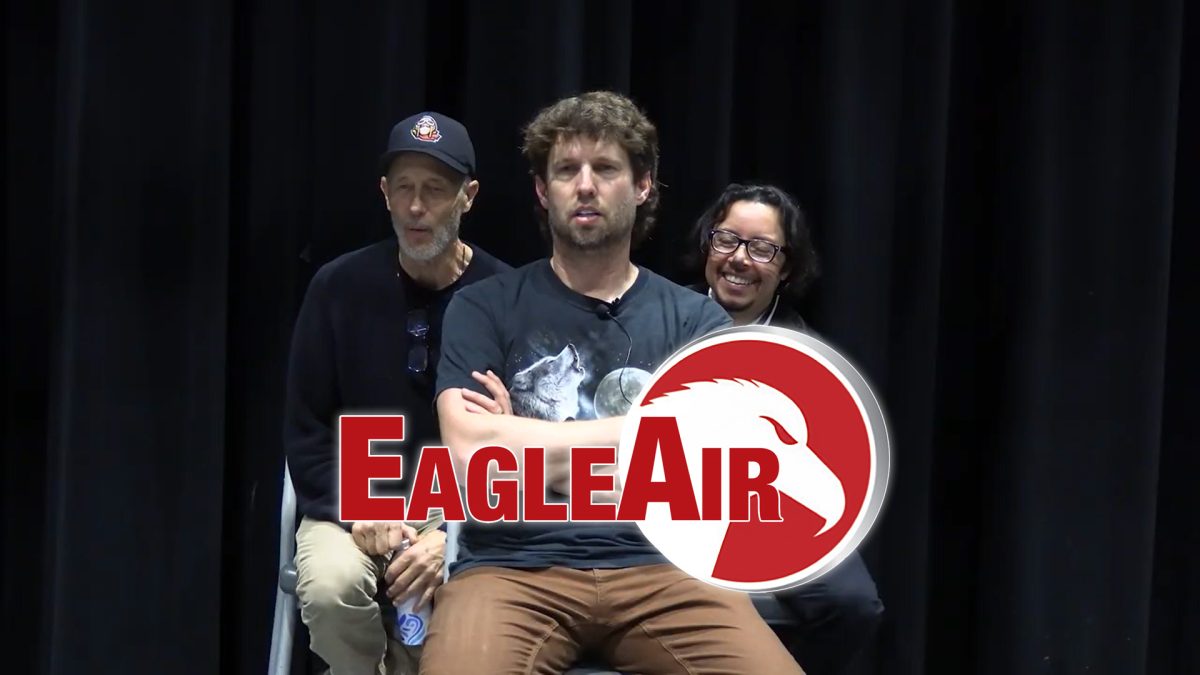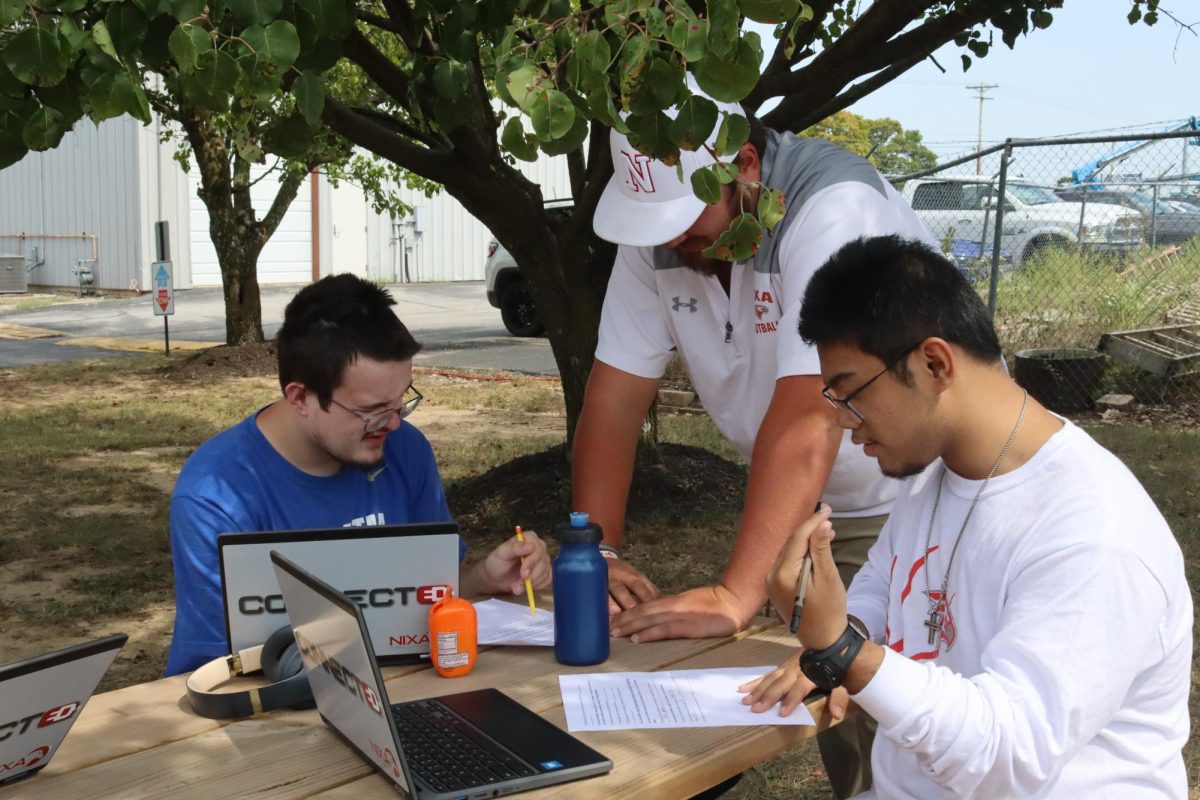Governments and corporations have begun to crack down on teenagers and children on the Internet. Companies like Spotify and YouTube are beginning to require age verification.
YouTube stated on their website that the company had plans to “extend” protections to more U.S. teens on their site.
Artificial intelligence will monitor searches and watch account activity to guess users’ ages. If an account is flagged, it will be switched automatically to apply “age-appropriate” protections. However, if an account is flagged incorrectly, users will be required to provide their government-issued identification.
Youtuber Gerfdas Gaming, who declined to share his legal name, started a petition that has over 125,000 signatures, advocating for users on YouTube against YouTube’s new AI.
“I’ve been on the internet, and YouTube specifically, long enough to know that giving out your ID is never a good idea,” Gerfdas said. “Even if it’s a large corporation, hacks happen. Suddenly, your personal details, even your face, could end up exposed.”
Supporters of these types of systems insist that actions like these will help keep children off of inappropriate or dangerous sites, but Gerfdas is concerned about the potential invasion of privacy.
“It doesn’t sound like safety,” Gerfdas said. “It sounds like surveillance, and YouTube already has a dedicated Kids app. If the concern is about children’s viewing habits, they should be using that. Parents should be taking care of their kids and looking after them. What a kid watches is the parent’s responsibility, not a corporation.”
“New laws have been appearing around the world, causing companies beyond just YouTube to be required to ask for age verification,” Gerdas said. “In the U.K., the Online Safety Act requires ID to access social media… Similar proposals are happening in the U.S., like the Kids Online Safety Act (KOSA, S.1748).”
In the US, KOSA, S. 1748, first introduced in the 118th Congress, and reintroduced in the 119th, would require all “covered” platforms, including games, social media, messaging applications, and video streaming services, to protect people under the age of 17.
The act remains a bill, yet to make it out of Senate. While some argue that protecting kids online is important, others find themselves arguing that the methods companies and governments are using to enforce these protections are excessive.
“[AI] is a good verification [tool] if you’re wanting to watch a video that’s not age-[appropriate],” sophomore Elijah Deal said. “But I don’t think [the use of ID] is reasonable, just say your age instead of giving your ID.”
Another concern that’s been brought up is the effect this could have on YouTubers if they are unwilling to give access to personal information.
“[I find] AI to be a little bit unfair,” sophomore John Knoop said. “If someone watches something and … the AI gets it wrong, I feel like that can really mess up your account, especially if you’re a YouTuber. You’re not going to be able to post anything at all. If you’re a kid and you don’t have an ID, you’re kind of screwed at that point.”
With this new age of restriction on the internet being born, many with negative opinions on policies like these may feel like they can’t have an impact on the outcome.
“The attitude is often, ‘What can we really do?’” Gerfdas said. “But just because something feels hopeless doesn’t mean we shouldn’t try. The only guarantee of failure is if we do nothing.”





